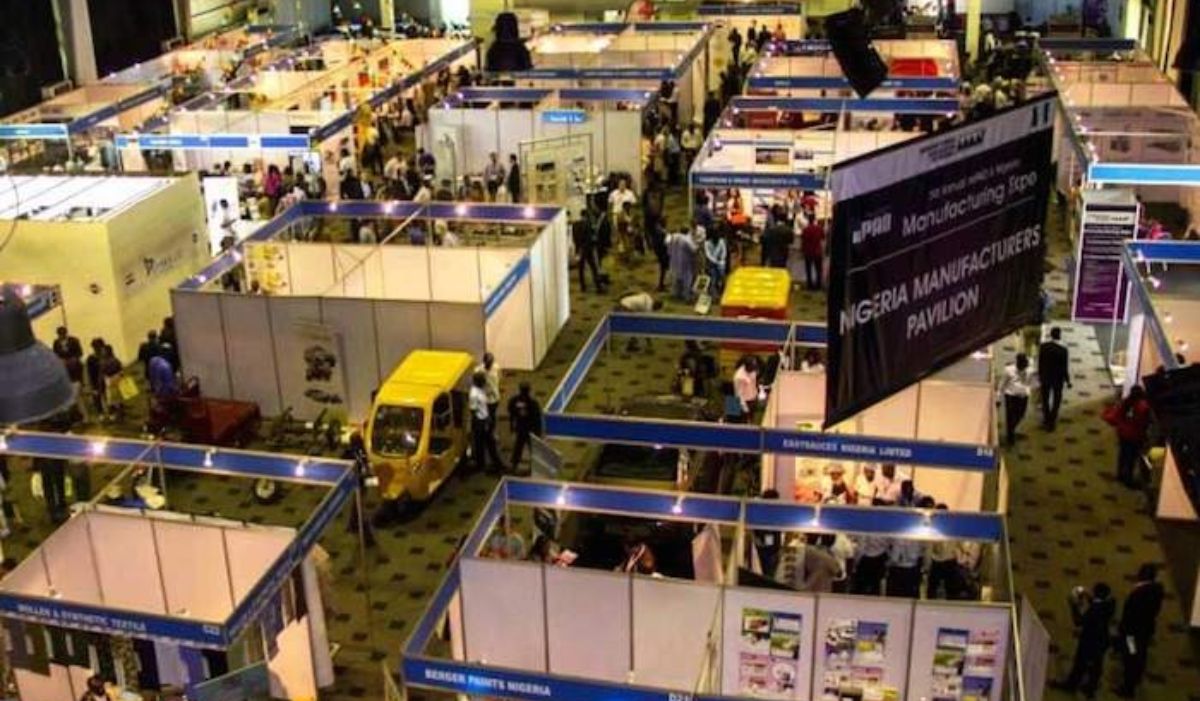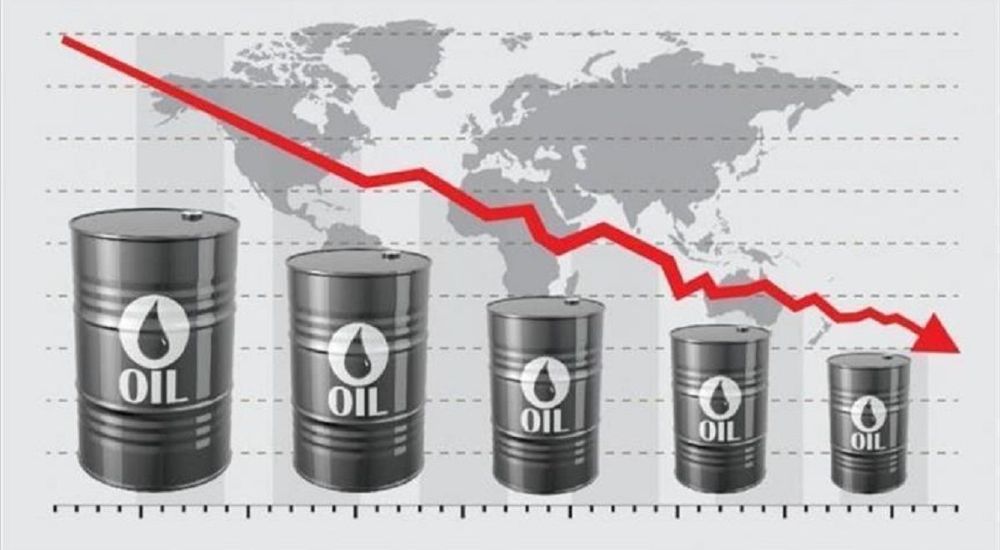MAN Urges CBN to Cut Interest Rate, Says It Threatens Nigeria’s Industrial Survival

The Manufacturers Association of Nigeria (MAN) has expressed deep concern over the Central Bank of Nigeria’s (CBN) continued retention of the Monetary Policy Rate (MPR) at 27.5 percent, calling it a crippling policy that threatens the survival of the country’s manufacturing sector.
This follows the outcome of Tuesday’s apex bank’s Monetary Policy Committee (MPC) meeting, which maintained the MPR at 27.5 per cent.
In a statement issued by the Director General of MAN, Segun Ajayi-Kadir, on Wednesday and obtained by News.ng, the association criticised the apex bank’s monetary stance, stating that it stands in stark contrast to the global trend of interest rate reductions aimed at reviving productivity and combating economic stagnation.
“The Manufacturers Association of Nigeria (MAN) is deeply concerned and worried about the continued decision of the Central Bank of Nigeria (CBN) to maintain the Monetary Policy Rate (MPR) at 27.5 per cent since November 2024,” said Ajayi-Kadir. “This is despite a global wave of interest rate reductions aimed at revitalising economic productivity and combating stagflation.”
Ajayi-Kadir lamented that while economies such as those of the Euro Area, the United Kingdom, Denmark, Australia, China, India, Thailand, and Egypt have moved to slash interest rates to stimulate growth, Nigeria’s rigidity has deepened the woes of its manufacturing industry.
“A nation cannot industrialise on the back of prohibitively expensive credit. With the benchmark interest rate held at 27.5 per cent, Nigeria has become the sixth most expensive country to source credit,” he said, adding that manufacturers are now battling an average lending rate of over 37 per cent.
According to MAN, the current policy trajectory is inflationary and is “suffocating the capacity of the manufacturing sector.” Ajayi-Kadir noted that companies of all sizes—small, medium, and large—struggle to remain operational.
“When credit is priced highly, production declines and the nation’s imports poverty,” he warned.
The association also expressed fears over the fate of the “Nigeria First Policy,” which seeks to promote local industrialisation and reduce import dependency. Ajayi-Kadir stressed that access to affordable financing is essential to the policy’s success.
“Our members’ finance costs surged by over 44 per cent, from ₦1.43 trillion in 2023 to ₦2.06 trillion in 2024,” he said. “This sharp increase has directly depressed productivity and led to underutilization of industrial capacity.”
MAN noted that the high cost of credit has diminished investor confidence, weakened returns, and led to a fall in the Manufacturers’ CEO’s Confidence Index—from 50.7 to 48.3 points.
“A nation that woos foreign portfolio investors at the expense of its real sector may unwittingly be aspiring to build prosperity on the back of volatility,” Ajayi-Kadir said. “While maintaining a high interest rate may temporarily attract speculative capital, it is doing so at the expense of Nigeria’s manufacturing base.”
The association criticised the perceived prioritisation of financial sector profitability over real sector growth, calling it an “economic paradox.”
“What is evident now is the widening profitability of the banking sector, buoyed by elevated interest margins, while manufacturers contend with shrinking margins, rising debts, and declining productivity,” he said. “Access to affordable credit is the oxygen that sustains industrial growth—and no economy has ever grown by starving its manufacturers of oxygen.”
While reiterating MAN’s willingness to collaborate with the government for economic stability, Ajayi-Kadir called on the CBN to immediately reconsider its monetary policy direction.
“Recent disinflationary trends provide justification for the CBN to cut rates. Maintaining a high nominal interest rate under current inflation conditions is neither necessary nor justifiable,” he argued.
To alleviate the pressure on the manufacturing sector, MAN made several urgent recommendations, including:
- A significant reduction of the benchmark interest rate to reflect economic realities;
- Moral suasion and incentives to encourage banks to offer single-digit concessionary interest rates to manufacturers;
- Immediate disbursement of the ₦1 trillion Stabilisation Fund earmarked for the sector;
- Boosting the capital base of the Bank of Industry (BOI) to expand access to affordable financing;
- Settlement of the outstanding $2.4 billion Forex Forward Contracts, which have affected access to critical raw materials;
- Pegging the customs duty exchange rate on industrial input imports to reduce inflationary pressures.
“Industrial confidence is a fragile currency, and once broken, it takes time to rebuild,” Ajayi-Kadir cautioned. “The commendable reform measures of this administration may not be helped by the persistent high cost and constrained access to funds.”
He concluded with a firm plea:
“The current monetary policy is not only undermining manufacturers’ confidence but also jeopardising national economic resilience. We urge the Central Bank to act decisively and in synergy with the fiscal authority. The time to act is now.”
As Nigeria confronts the challenge of rekindling industrial growth, the fate of the manufacturing sector now hinges on whether policymakers will heed MAN’s call and prioritize long-term economic sustainability over short-term capital inflows.




